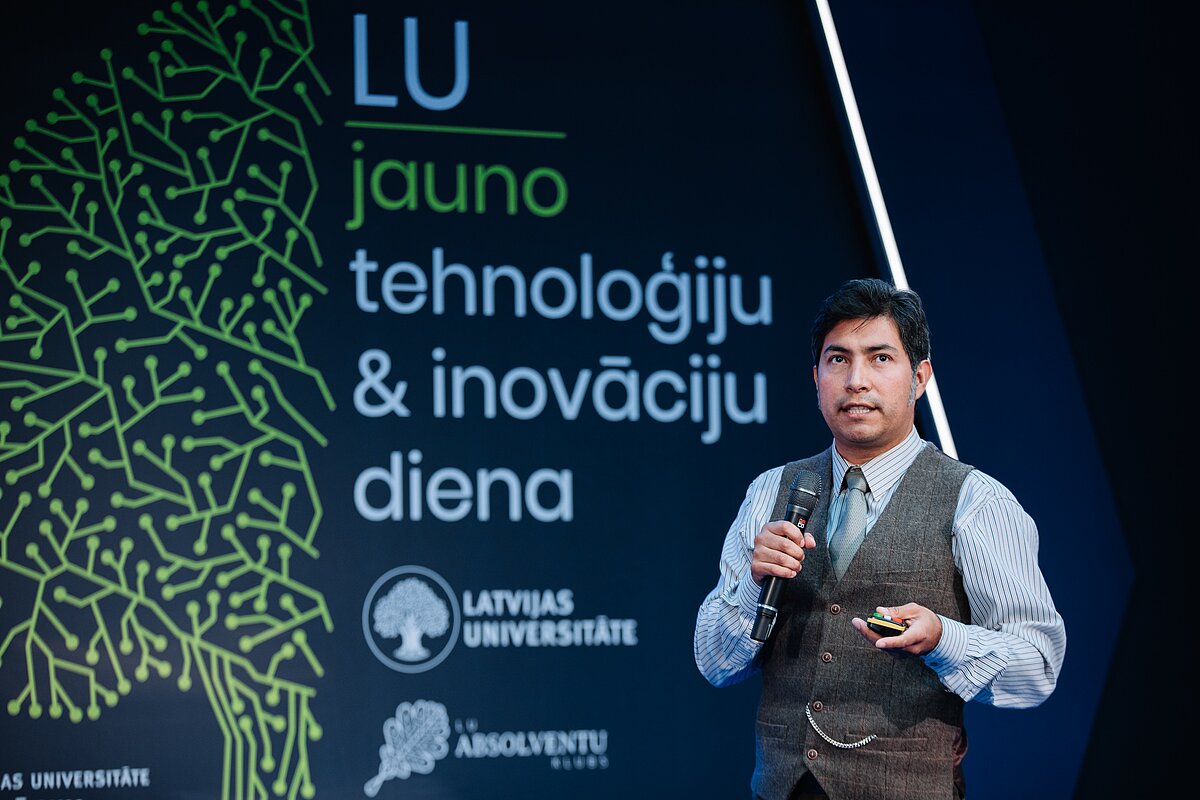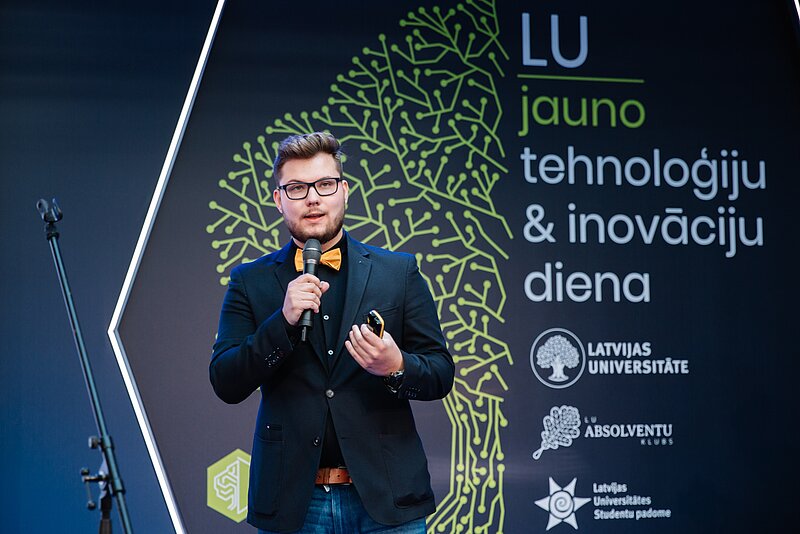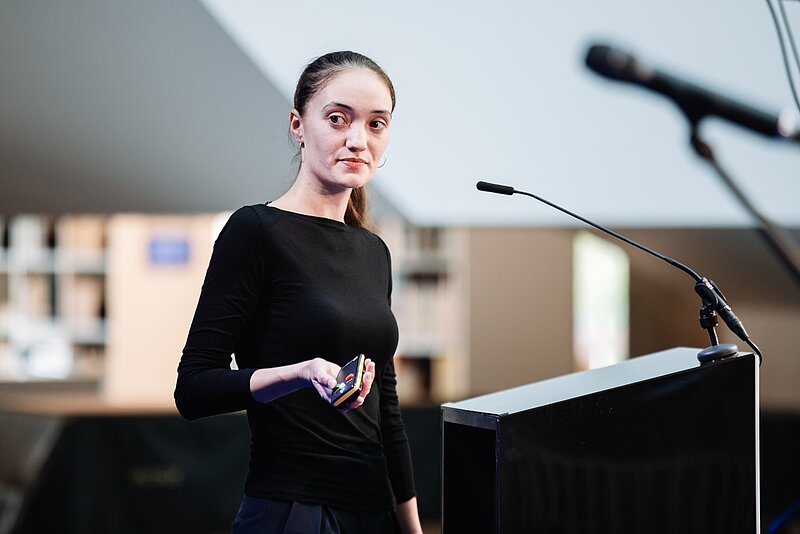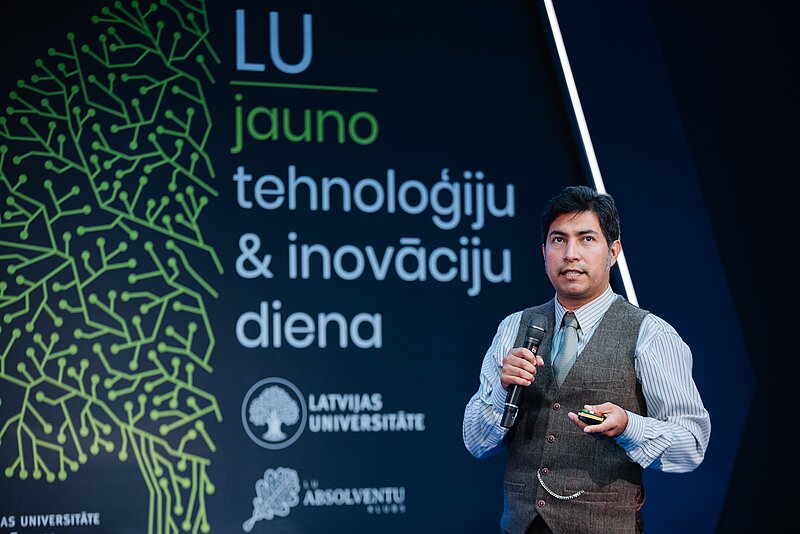
VOCs are regarded as major indoor and outdoor pollutants that can cause health issues in the long-term. Porphyrin molecules have remarkable optical properties, intense absorption bands in the visible and UV region and some emit exhibit luminescence. The novelty of the project lies in the optimization of ZnO/porphyrins nanocomposites, to enhance their sensitivity and selectivity to benzene, toluene, phenol, acetic acid and acetone and to unravel the electronic mechanisms involved in the sensing processes. This nanomaterial will be designed targeting a set of VOCs that other systems have failed to detect and its integration into a portable optical sensing device. The detection of these VOCs will help to provide an early diagnostic for human diseases, such as lung cancer, diabetes, liver disease and to some infections in cattle. It can also be applied in testing the freshness of perishable food produce.
In order to produce two prototypes of sensor devices, which would enable production of an efficient, portable optical gas sensor, the researchers will determine the sensitivity, selectivity, limit of detection, reaction and recovery time of ZnO / Porphyrin nanocomposite optical gas sensors.
Dr. Ulises Miranda Ordonez has experience in computational modelling and theoretical calculations and recently joined the research group of Dr. phys. Roman Viter, implementing the current research project under the auspices of the University of Latvia Institute of Atomic Physics and Spectroscopy Laboratory of Optical Biosensors and Functional Nanomaterials headed by Dr. phys. Roman Viter.
The international project team of scientists represent Latvia, Ukraine and Mexico, while international collaboration extends to Lithuania, Poland and Italy. The participating scientists have both experimental and theoretical expertise, contributing to the applicable outcomes of the research project.
The current research is supported by postdoctoral project No. 1.1.1.2/VIAA/3/19/490v “Development of ZnO/porphyrin nanocomposites for optical nanosensors for determination of volatile organic compounds”.
On the afternoon of September 25, for the second year in a row, the discovery and innovation event “UL New Technologies and Innovations Day” took place in the premises of the University of Latvia. A significant number of UL researchers participated in the “Agora of Knowledge”, which was one of the most important parts of the event.
“Agora of Knowledge” was an opportunity for researchers within 6 minutes to present and engage the general public with recently completed or newly initiated innovative research in the field of technology, various processes and improving quality of life.
This year, “Agora of Knowledge” featured almost 60 different studies on the development of the microorganism collection, the solar system, nanomaterials, the bioeconomy, magnetic accelerators, material memory, gene data, as well as solutions in the fields of demography, education, ecosystems and medicine.

 Akadēmiskais centrs
Akadēmiskais centrs

